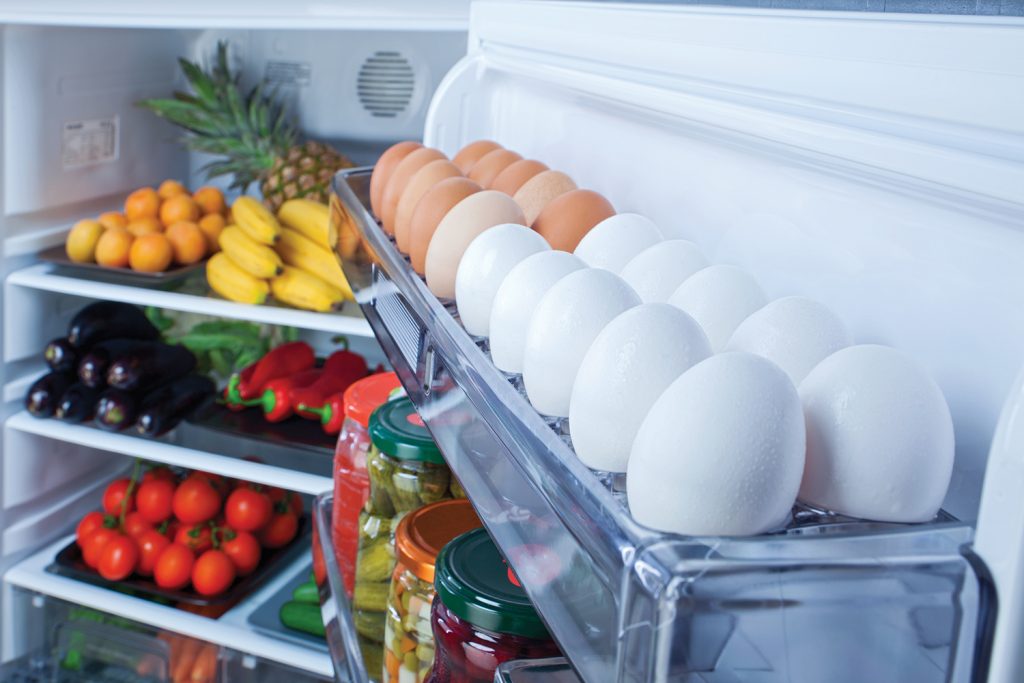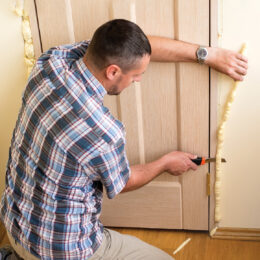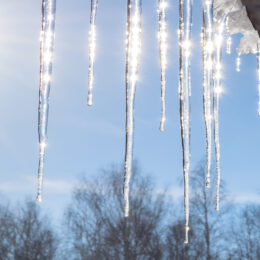
With storms always a possibility, weather emergencies are bound to happen — but they don’t have to reach crisis status in your household. If you prepare for power outages before they occur, you can minimize your worries, especially about food safety.
The most important tip to remember is to keep your refrigerator and freezer doors closed as much as possible during an outage.If electricity is out only for a short time and your refrigerator maintains a temperature of 40 F or below, your food will be safe for about four hours. A full freezer will stay cold for 48 hours — 24 hours if it’s half full.
Before an emergency, put appliance thermometers in your freezer and refrigerator. Freeze containers of water—like milk jugs — to put in the refrigerator and help keep food cold longer, but don’t fill them to the top. Water expands as it freezes, so leave some extra space in the container.
If you know in advance that adverse weather conditions are imminent, freeze leftovers, milk, fresh meat and poultry that you may not need immediately.Grouping food together in the refrigerator will help items stay cool longer. Also, stock up on food supplies that don’t need to be refrigerated. Doing so will help keep you out of the refrigerator and also provide you with a backup food source in an extended blackout.
For a prolonged outage, find local stores that sell dry ice and block ice.Block or dry ice will keep the refrigerator as cold as possible for longer periods of time.
In the winter, don’t bury food in the snow, because this isn’t a safe alternative. Frozen food can thaw if exposed to the sun’s rays, even if temperatures are frigid. Rather than storing food outside, consider using the cold temperatures to make ice. Fill buckets, empty milk cartons or cans with water and leave them outside to freeze. You can then use the homemade ice in your refrigerator, freezer or coolers.
Finally, when the power outage is over, don’t take chances if the food is questionable. If in doubt, throw it out.



